Home > Crime & Security > Armed Herdsmen Launches Fresh Attack On ...
Armed Herdsmen Launches Fresh Attack On Community, Left 5 Dead
By Franklin Chibuike | 13 Jun, 2025 07:57:50am | 63
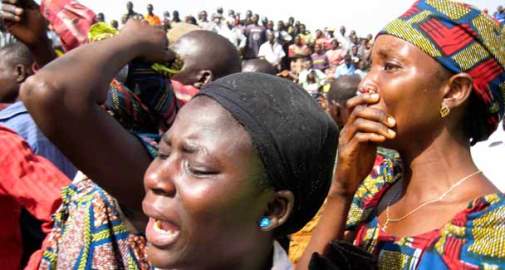
On February 15 this year, a group of about 16 farmers, returning from their farms in Mbaduwa, Kwande Local Government Area, never made it home. They were ambushed and killed by suspected armed herders, with their bodies dumped into the River Katsina Ala along the Kashimbila Road.
In an attempt to evade the marauding attackers, farmers across Benue began practicing communal farming. They hoped safety in numbers would shield them from the violence that has engulfed the region, turning it into a hotbed of bloodshed.
Even routine movement between nearby villages must now be done in groups, as Fulani herders, allegedly responsible for the attacks, have reportedly seized large swaths of land across the state.
Though conceived as a safety measure, this group strategy hasn’t spared many. The 16 slain farmers were among those who fell victim to yet another brutal attack.
Just weeks later, on March 31, a 54-year-old farmer in Usha community, Agatu LGA, left for his farm but collapsed and died after fleeing in panic at the sound of “Fulani! Fulani!”—a cry raised by a group of young men. The tension was linked to an earlier incident where a farmer allegedly poisoned cattle.
Such tragedies have become grimly routine in Benue, especially among farming communities.
From Otukpo to Kwande, Logo to Guma, Gwer East to Apa, and from Naka to Ukum, the violence is widespread.
According to the Benue Democratic Ambassadors, nearly 20 of the state’s 23 local governments have been overtaken by armed herders. The group's leader, Daniel Pila, declared that not even the state capital, Makurdi, is safe.
On June 1, Catholic priests in the Makurdi Diocese, under the Nigerian Catholic Diocesan Priests Association, raised an alarm during a press briefing. Rev. Fr. Joseph Beba revealed that over 15 parishes had shut down, and parishioners were now living in IDP camps. Three priests were attacked, including Rev. Fr. Solomon Atongo, who was ambushed en route to Naka and remains hospitalized.
Benue is home to four Catholic dioceses—Makurdi, Gboko, Katsina Ala, and Otukpo—and many churches have been closed due to the insecurity. While exact figures are hard to obtain, the Pentecostal Fellowship of Nigeria’s state chairman, Bishop Timothy Kume, said the numbers are still being compiled, noting that “these killings happen every day.”
Media reports indicate that at least 365 people have been killed this year alone by these armed groups.
The state's security situation has deteriorated to the point where nearly all access routes are compromised, except the federal road from Nasarawa State to Makurdi. Other routes, such as those from Taraba, Enugu, and Kogi, have become notorious for kidnappings and killings. The Ankpa-Adoka-Gwer West-Makurdi road is considered especially dangerous, with commuters abandoning it altogether.
In Gwer West, the local government chairman, Victor Ominn, imposed a 6:30 p.m. curfew. Yet, between May 24 and June 1, four communities—Tse Orbiam, Aondona, Ahume, and Naka—suffered fresh attacks, resulting in the deaths of a mobile police officer and 59 residents.
These persistent attacks have impacted other sectors. The National Youth Service Corps (NYSC) withdrew members from the Mbaa community in Kwande LGA due to the violence. Similarly, the state’s Commissioner for Education, Rev. Dr. Frederick Ikyaan, confirmed the closure of schools in several affected LGAs, including Logo, Guma, Gwer West, Apa, Katsina Ala, and Kwande. He added that some JSS students may be relocated to safer areas for their exams.
The most recent violence in Gwer West and Apa has again called into question the commitment of government authorities to secure lives and property.
The Benue State Emergency Management Agency (BSEMA) disclosed that more than 18,000 people were displaced following the latest attacks. These include 4,648 households and nearly 5,800 children. Pregnant women, lactating mothers, the elderly, and persons with disabilities are also among the victims.
There are now at least 14 recognized IDP camps in the state, with countless others living with relatives or struggling to survive through menial work.
Terna Ibaah, who has spent nearly seven years at the Agagbe IDP camp in Gwer West, described life in the camp as “hell on earth.” The overcrowded camp continues to admit new arrivals daily due to relentless violence.
“There are five locations in Agagbe camp,” Ibaah explained. “New people come every day. Life here is worse than prison.”
Many who attempted to return to their homes were killed by herders who now control their villages. The overcrowding has left many children without shelter, with newcomers forced to sleep on the ground.
Another inmate, Ugba-Kpa-Nyir, fled to Agagbe with her three young children after her village was attacked in early May, resulting in seven deaths, including her husband. They arrived with nothing, and now depend on long-term residents to survive.
“Some days, I only eat once,” she said. “My children sleep inside with help from others, but I sleep under mango trees.”
Iorbee Ihagh, leader of three socio-cultural organizations—Mdzou U Tiv, Ochetoaka’Kidoma, and Omn’Igede—urged the federal government to act decisively. A retired Prisons Comptroller, he called on President Bola Tinubu to order military leaders to flush out the attackers.
“I’ve said it before and I’ll repeat it: let the President issue a directive to security chiefs—especially the Army—to clear out these invaders,” Ihagh declared. “We hope the recent visit of the Chief of Army Staff, Lt. Gen. Olufemi Oloyede, brings some relief.”

Leave a Reply
Your email address will not be published. Required fields are marked *
Category
 Politics
Politics News
News Opinion
Opinion.jpeg) Interviews
Interviews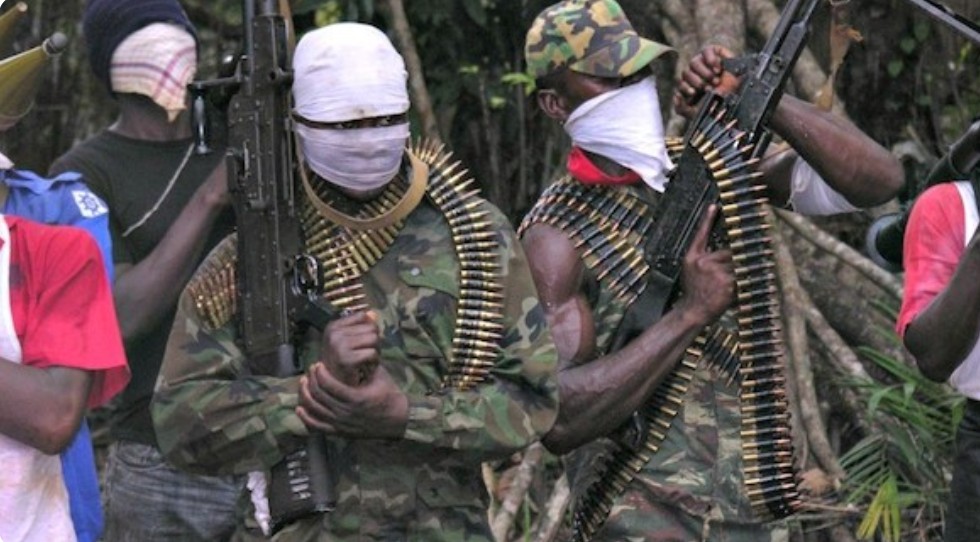 Crime & Security
Crime & Security Health
Health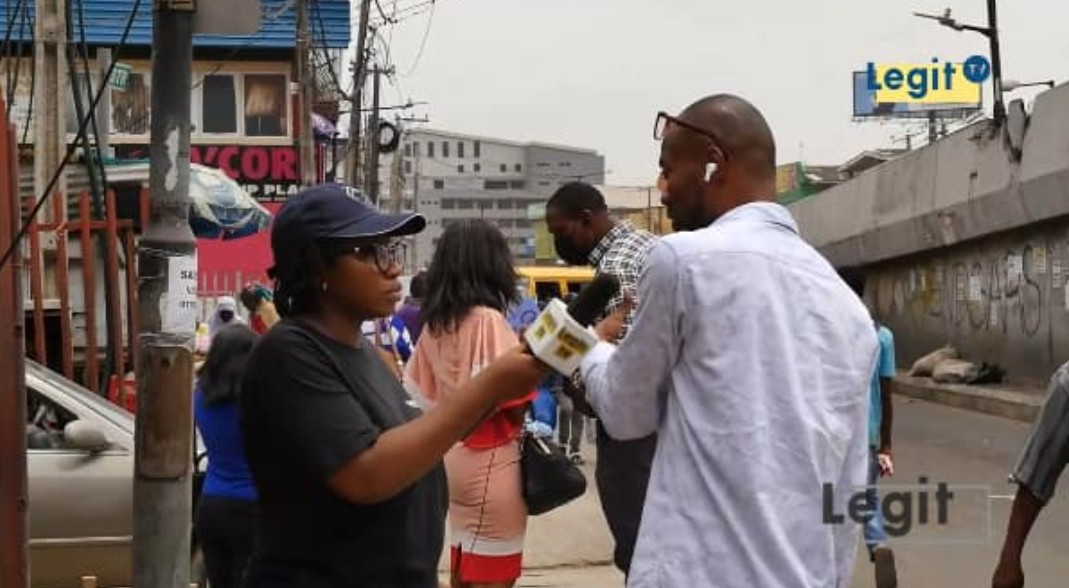 Business & Economy
Business & Economy Sports
Sports  Religion
Religion 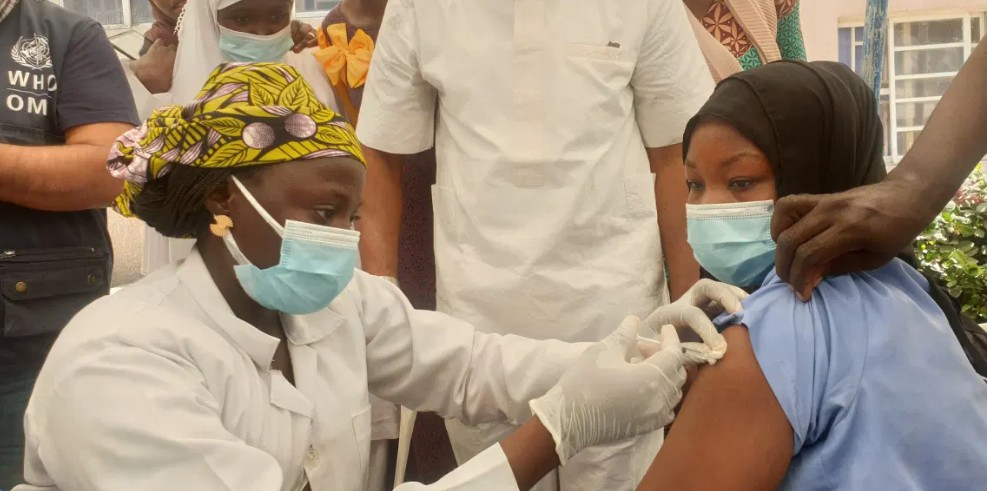 Entertainment
Entertainment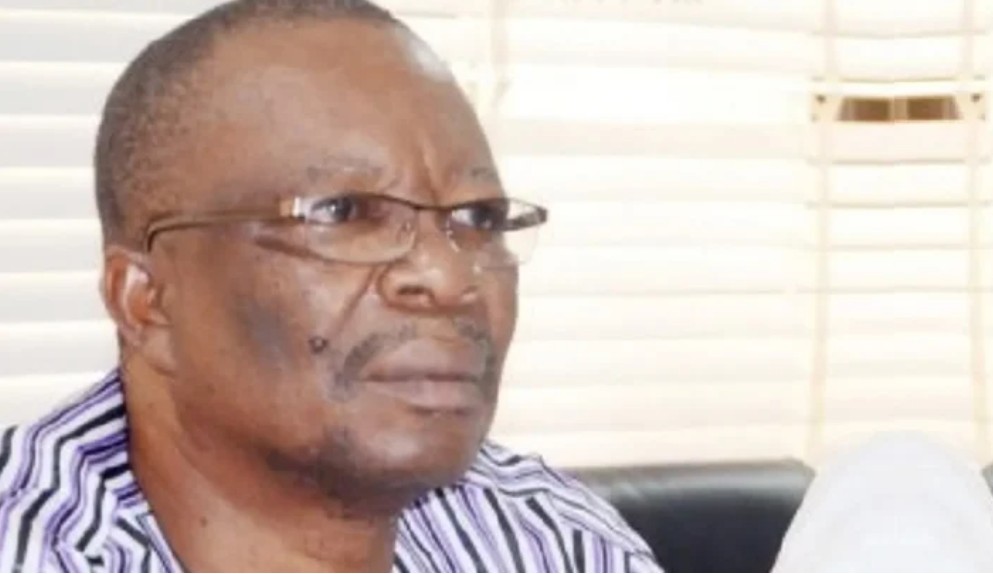 Education
Education 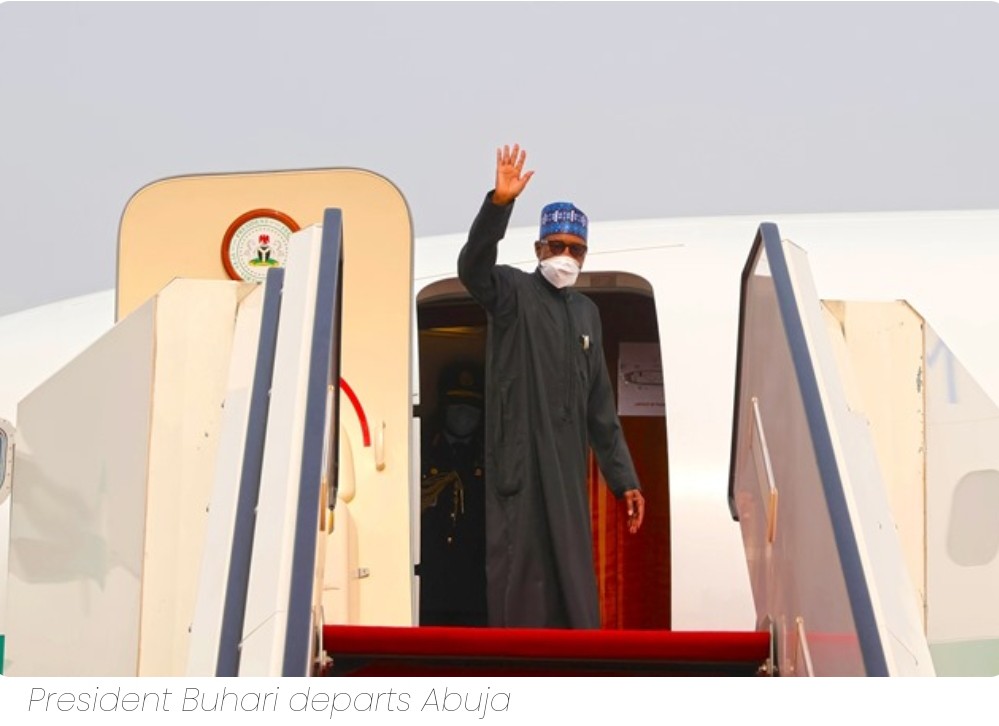 Culture & Tourism
Culture & Tourism